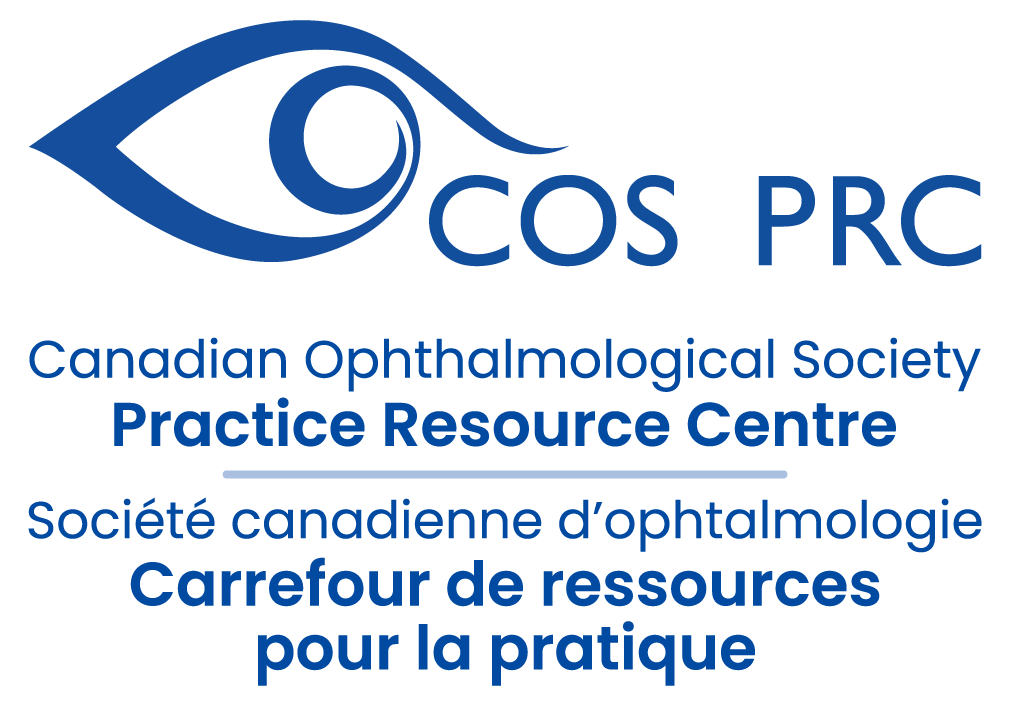Wellness during the pandemic
If there was ever a time for physicians to take one’s physical and mental health seriously, it is now.
This situation may last for weeks and quite likely months. The WHO warns us to prepare for “a marathon, not a sprint”.
We will be facing difficult decisions that can create distress. How long can our patients safely wait with ‘non emergent’ problems? How will we cope with and manage the backlog of patient visits and surgeries once things are back to “normal”? Do we lay off techs/office staff during the slowdown, and if so- how will they manage financially with the loss of employment?
Trainees are dealing with uncertainty and disruption of their training and future employment- especially those that have been preparing for their Royal College exams. Further Information: https://residentdoctors.ca/
Of course, there is also the constant worry that we or a family member may test positive, or that we could unknowingly be a vector for transmission.
Remember to:
Take appropriate precautions at work
- Use the required personal protective equipment, including sanitizer, masks, sneeze shield for the slit lamp
Further Information: https://cosprc.ca/resources/type/for-learners/covid-19/
Take appropriate precautions outside of work to not infect others
- Proper hand and cough hygiene
- Cleaning surfaces often
- Physical distancing
Support your family’s health and wellness
- Be sure they are aware of the precautions to reduce spread
- Consider hand washing, changing clothing, removing shoes and showering as soon as you arrive home
- Have a plan in place if someone in the household becomes symptomatic or tests positive
Take care of your own health and wellness
- Use strategies that work for you – and make time for things you enjoy
- Keep a healthy lifestyle (rest, eat well, exercise etc.)
- Take breaks from reading, listening or watching news stories about the pandemic
- Consider downloading one of the subscription apps that are offering free access to healthcare providers to improve access to coping strategies, such as CalmHealth and Ten Percent Happier
- Be alert to signs of fatigue, stress, anxiety, irritability and burnout
- Stay connected to others. Consider reaching out virtually to family, friends and other colleagues
Remember there are provincial physician resource programs to support you if needed. Don’t be afraid to ask for help if you need it.
Some additional references and resources:
Video Webinar: Coping with Uncertainty about the Coronavirus, ComPsych, March 2020
https://hr.uw.edu/benefits/uw-carelink/webinar-coping-with-uncertainty-coronavirus-covid-19
Mental Health and Psychosocial Considerations During COVID-19 Outbreak, WHO, March 12, 2020
https://www.who.int/docs/default-source/coronaviruse/mental-health-considerations.pdf?sfvrsn=6d3578af_10
Resilience and stress inoculation during COVID-19, Ontario Medical Association
https://dfcm.utoronto.ca/sites/default/files/physician_resilience_and_stress_incoculation.pdf
A clinician’s guide: managing COVID-19 stress and anxiety, Canadian Medical Association
https://boldly.joulecma.ca/home/managing-covid-19-stress-and-anxiety
CDC Resources
- https://www.cdc.gov/coronavirus/2019-ncov/prepare/managing-stress-anxiety.html
- https://emergency.cdc.gov/coping/responders.asp
Doctors Manitoba
https://doctorsmanitoba.ca/wp-content/uploads/2020/03/COVID-19-PHW-Guide-FINAL.pdf
Headspace
https://www.headspace.com/
(Free access for all healthcare professionals right now)

COS Physician Wellness Steering Committee
Dr. Lisa Gould, Chair
Dr. Rishi Gupta
Dr. Lorne Bellan
Dr. Colin Mann
March 27, 2020



